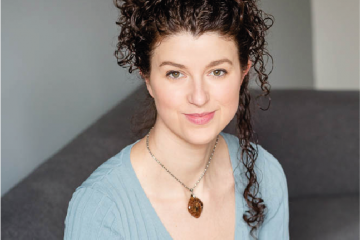Fellowship
Refining the lung cancer mouse model through environmental enrichment

At a glance
Completed
Award date
March 2020 - June 2022
Grant amount
£125,478
Principal investigator
Dr Deborah Caswell
Institute
The Francis Crick Institute
R
- Refinement
Read the abstract
View the grant profile on GtR
